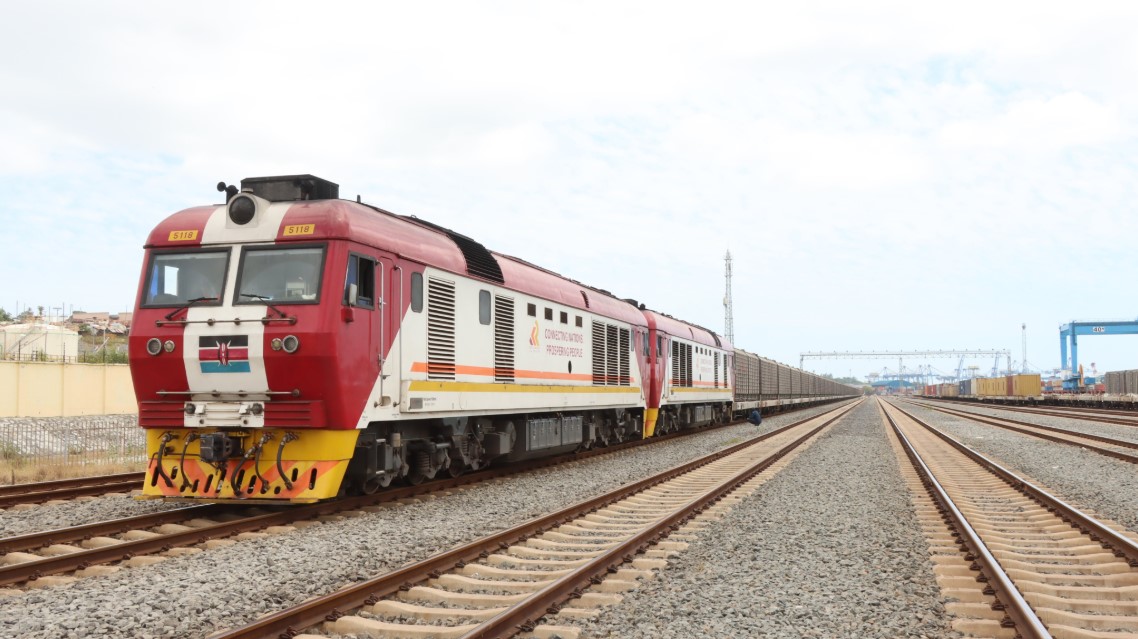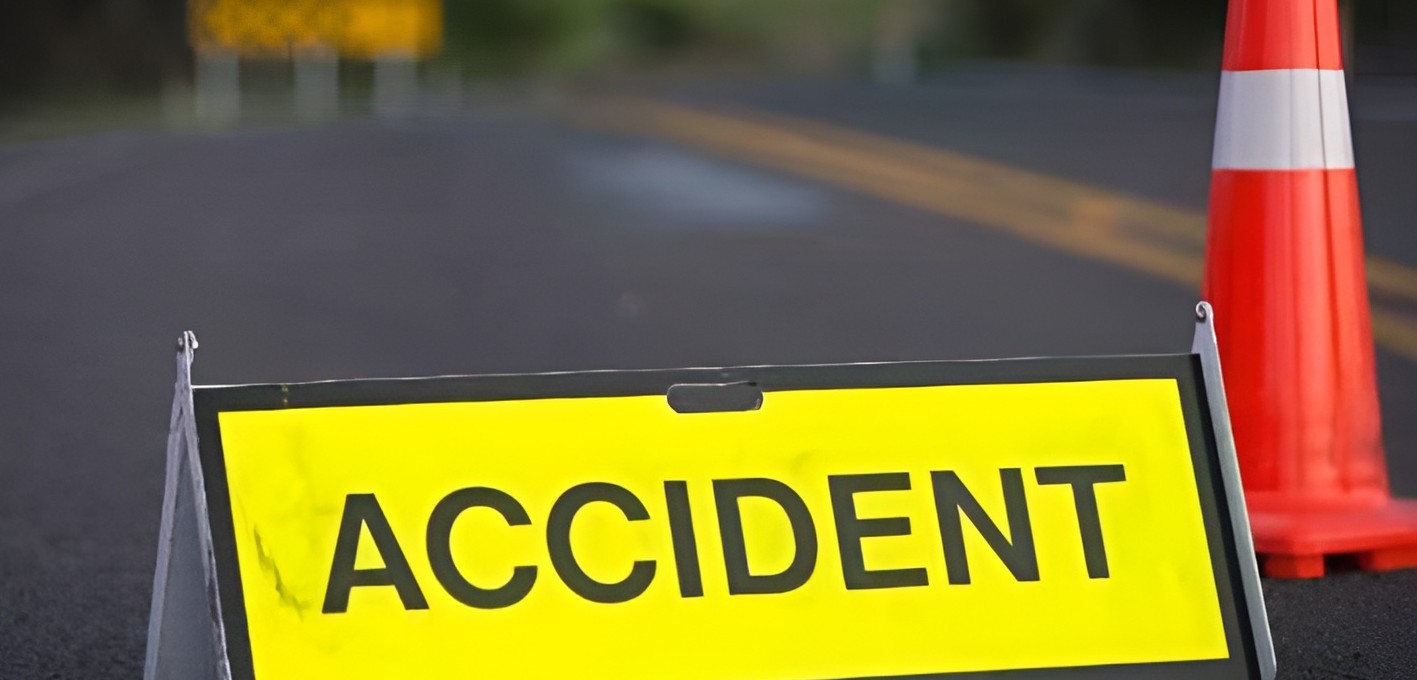Kenya Railways faces Sh3.5 billion penalty for defaulting on China’s SGR loan

Audit shows Kenya Railways' revenue from its operations was insufficient to cover the maturing loan obligations, leading to additional penalties.
Kenya Railways is facing scrutiny after an audit revealed it has incurred a hefty penalty of Sh3.5 billion for defaulting on loans borrowed for the construction of the standard gauge railway (SGR).
The penalty stems from unpaid and accumulated charges related to a loan from China Exim Bank, which the corporation failed to settle in time.
More To Read
- Auditor faults UDA for lacking proof of Sh2 billion land assets
- Billions locked in stalled county projects across the country - CoB Margaret Nyakang'o
- Tanzania resumes SGR passenger services after Ruvu derailment
- Tanzania's SGR train derails at Ruvu, operations temporarily halted
- MPs grill SHA over Sh91m legal costs, disputed Karen land and stalled NHIF projects
- Auditor General flags CBK for hiring unqualified managers, ignoring HR Policies
In a detailed report presented in Parliament, Auditor General Nancy Gathungu highlighted the financial mismanagement plaguing the state-owned corporation.
She issued an adverse opinion on Kenya Railways' financial accounts as of June 30, 2024, citing the lack of proper controls and unsatisfactory explanations for the loan defaults.
It is emerging that Kenya Railways made no repayments to China Exim Bank during the year under review, resulting in the accumulation of Sh41 billion in outstanding loan repayments and penalties.
"Loan records revealed that the corporation incurred the penalties and interest due to non-settlement of the maturing obligations as and when they became due,” Gathungu said.
No justification for default
Further compounding the crisis, Gathungu noted that the corporation's management did not provide any justification for failing to settle the loans.
"Management did not provide an explanation for this unsatisfactory matter. The effectiveness of controls in relation to the settlement of the on-lent loans could not be confirmed," she said.
The audit also revealed that Kenya Railways' revenue from its operations was insufficient to cover the maturing loan obligations, leading to additional penalties.
This financial shortfall has drawn attention to the ongoing mismanagement within the organisation, with the corporation now at risk of facing further financial and operational challenges.
A recent report from the National Treasury revealed that Kenya Railways made a staggering Sh50 billion loss, the highest recorded among state corporations in the period under review.
Despite this, Gathungu stressed that the penalties were avoidable and represented an unnecessary burden on public funds.
"The penalties represent an avoidable charge to public funds and may lead to loss of public funds due to unnecessary costs to the public," she stated.
Procurement irregularities
The report also flagged several procurement irregularities within Kenya Railways, including the use of irregular tendering methods to acquire supplies.
During the review period, the corporation acquired Sh9 billion worth of supplies through direct or restricted tendering, which was deemed unjustifiable.
Gathungu criticised the management, saying that it failed to properly explain why these non-competitive methods were used, especially when open tendering was the most appropriate approach.
In one particular case, supplies worth Sh2 billion were not inspected before delivery, with the inspection and acceptance committees only being formed weeks after the goods were received.
"This was an indication that the certificates issued by the inspection and acceptance committees were just a formality," Gathungu remarked.
Other procurement violations included the execution of contracts for security and cleaning services before the agreements had been signed, raising concerns about potential legal breaches.
The audit also pointed to revenue leakages in the meter gauge railway services, adding another layer to the financial mismanagement at the corporation.
In light of these revelations, Kenya Railways is now facing challenges.
With a potential Sh27 billion in court-awarded liabilities, including Sh15 billion for the illegal demolition of leased properties, the corporation's financial future appears bleak.
Gathungu expressed concern that the mounting liabilities could cripple Kenya Railways if they come to fruition.
Top Stories Today
Reader Comments
Trending












































